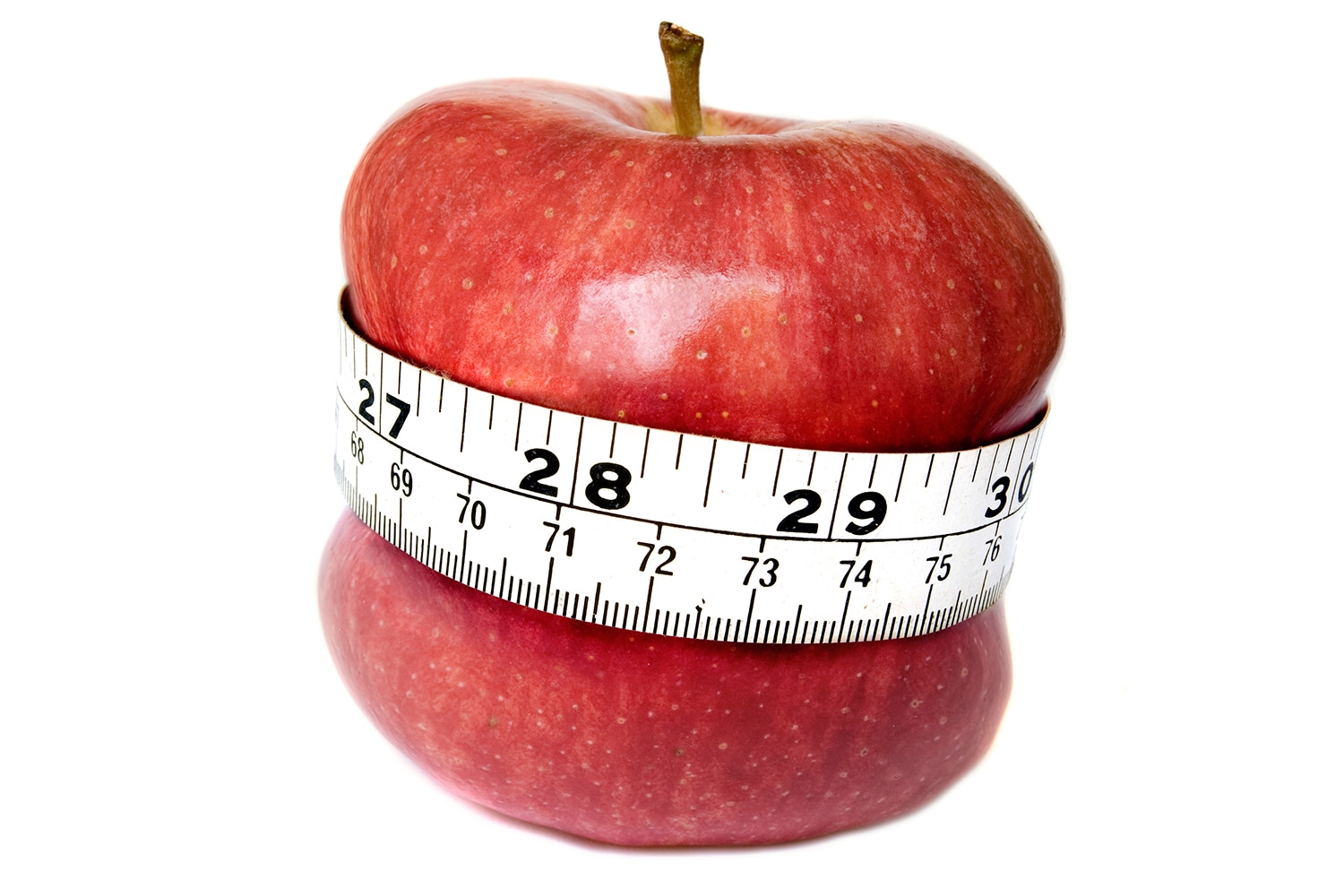Those extra pounds that keep you from fitting into a favorite dress or suit don’t just affect what you can wear. They contribute to an increased risk of getting and dying of cancer. In fact, the evidence suggests we could cut cancer rates by 30 percent just by everyone exercising more and eating less.
The good news is it’s never too late to work toward a healthier body weight. Even after a cancer diagnosis, losing weight can help increase the chance of survival, says Tara A. Mardigan, a nutritionist at the Dana-Farber Cancer Institute in Boston. Still, she cautions patients working toward that goal to focus more on eating an overall healthy diet than on the number on the scale.
“We see patients who are obese or overweight, and during cancer treatment some of them say to us, ‘The only good thing [about having cancer] is now I’ll actually be able to lose weight,’ and we try and nip that in the bud,” says Mardigan. “It’s much better to maintain weight or lose only a few pounds and to be getting proper nutrition during treatment.”
Mardigan recommends that people who could benefit from losing weight make an overall lifestyle change by eating nutrient-dense foods, such as nuts, seeds and beans, and by choosing a plant-rich diet that substitutes whole grains and fresh fruits and vegetables for less healthy fare. Watching how much of them you eat is important too.
“First settle on making a change and trying to improve your food choices, like switching from french fries to sweet potato fries,” she says. “The next step is becoming aware of your portion control.”
Mardigan stresses that when it comes to losing weight, it’s also best to go slow and aim for one or two pounds a week. “Don’t get discouraged if the pounds take time to come off,” she says. “It doesn’t have to happen immediately.”
Cancer Today magazine is free to cancer patients, survivors and caregivers who live in the U.S. Subscribe here to receive four issues per year.





